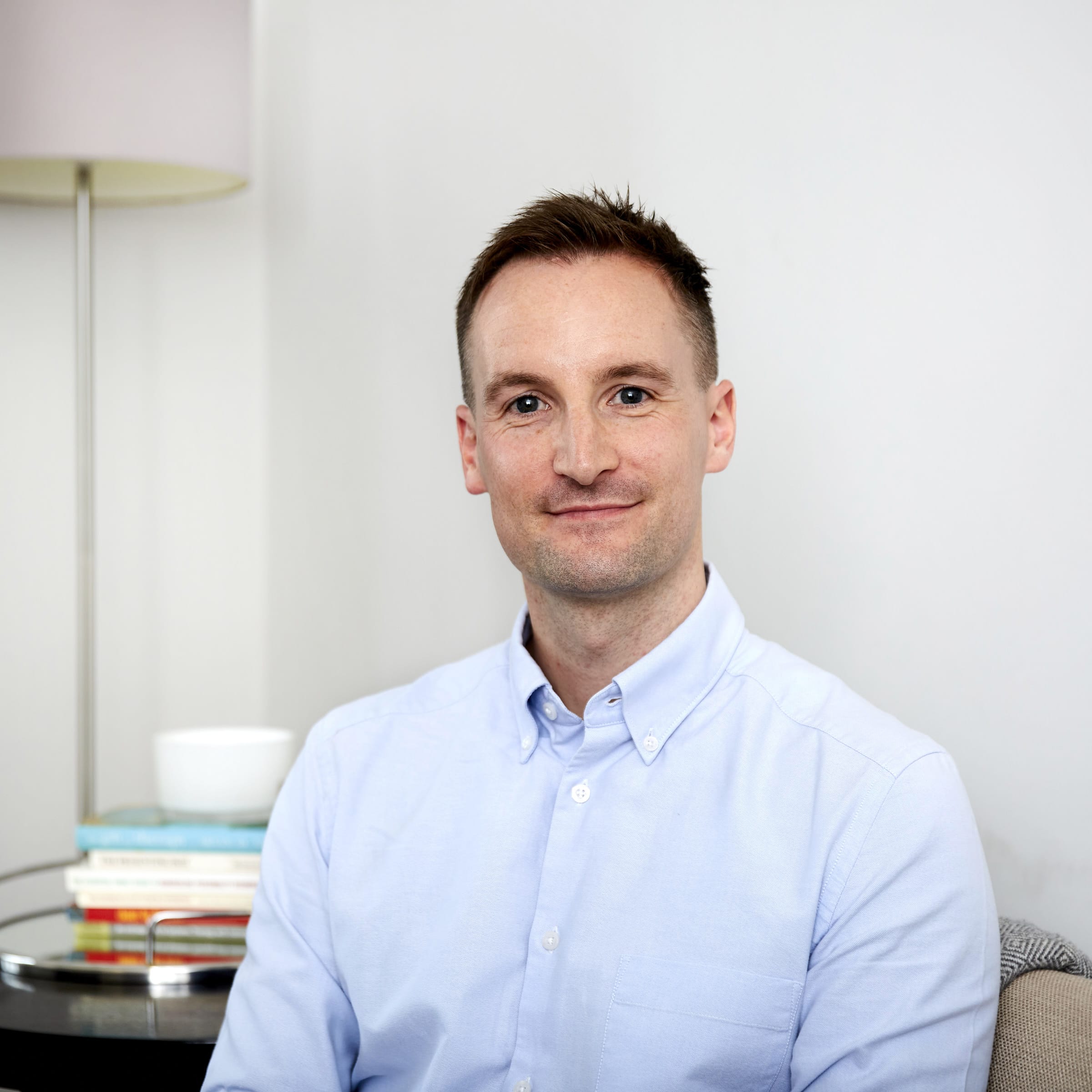Video Description
Dr Steven Mahan, a clinical psychologist based in Chelsea, explores the issue of obesity and how, for some people, psychological therapy can help them better understand their emotional relationship with food. https://www.thechelseapsychologyclinic.com Chelsea Psychology Clinic are a group of London psychologists and psychiatrists offering private psychological therapy and psychiatry treatment from their premises across central London and Chelsea. The private therapy sessions cover the following areas: – Acceptance & Commitment Therapy – Cognitive Analytic Therapy – Cognitive-behavioural Therapy – Couples Therapy – Dialectical-behaviour Therapy – Mentalisation Based Treatment – Mindfulness Based Cognitive Therapy – Schema Therapy
Video Transcription
So many people who experience obesity have an emotional component to their eating. It might be that they eat because they’re bored or because they use food as a way of coping with their emotions. So, through psychological therapy, you can better understand your emotional relationship with food and come up with different coping mechanisms and coping strategies for the experiences that you’re having, rather than with eating. So, yes, commercial diets can work, but often, if you have an emotional relationship with food, you might need a more in-depth psychological therapy to help you to better understand how you use food as a way of coping with your emotions.

